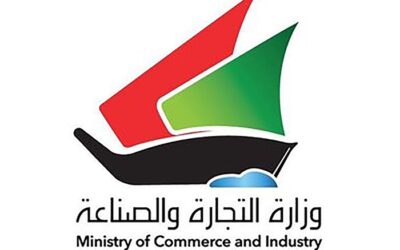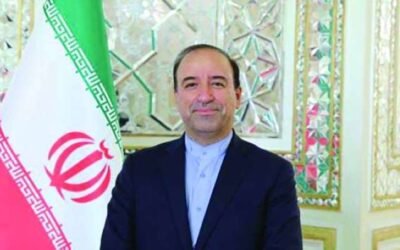
Winter Solstice: December 22
Discover the significance of the winter solstice and the various celestial phenomena that occur in December. From meteor showers like the Geminids to the planet Mercury reaching its greatest elongation, explore the beauty and wonder of the universe. Learn about the cultural and historical importance of the winter solstice and how it symbolizes the transition from darkness to longer daylight hours. Join in the celebrations and rituals that take place during this time, and marvel at the celestial dance that unfolds above us. Don’t miss the longest night and the return of longer days on December 22!







